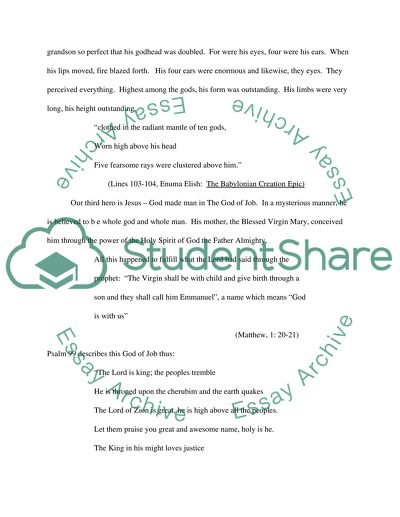Cite this document
(“LITERATURE Essay Example | Topics and Well Written Essays - 1250 words”, n.d.)
Retrieved from https://studentshare.org/miscellaneous/1542159-literature
Retrieved from https://studentshare.org/miscellaneous/1542159-literature
(LITERATURE Essay Example | Topics and Well Written Essays - 1250 Words)
https://studentshare.org/miscellaneous/1542159-literature.
https://studentshare.org/miscellaneous/1542159-literature.
“LITERATURE Essay Example | Topics and Well Written Essays - 1250 Words”, n.d. https://studentshare.org/miscellaneous/1542159-literature.


